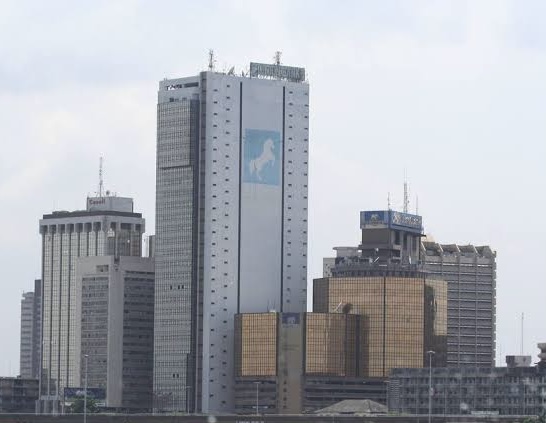
Seven-Up Bottling Company (7UP BCC) is a leading bottler of 7UP, Pepsi, and other beverage brands in Nigeria. As a significant employer in the food and drink sector, its HR practices shape the experience of thousands of employees across manufacturing, logistics, sales, and administration. Drawing on publicly available employee feedback and independent research, this article offers a balanced critique—highlighting commendable strengths and areas needing strategic enhancement.
Culture and Employee Engagement
7UP BCC is frequently praised for its structured and team-oriented work environment. Many employees describe the culture as collaborative, respectful, and supportive. One review notes:
“There’s cohesion among staff, and respect is actively demonstrated by the management team.” [1]
Employee sentiment generally reflects pride in employer identity, though explicit ratings (e.g., Glassdoor) for 7UP services remain limited compared to peers. Internal engagement events such as safety training, wellness programs, and town-hall meetings are periodically recognised in press releases and company statements [2].
Structured HR Practices and Recruitment
Though less publicly researched than some peers, indications exist that 7UP BCC utilises formal recruitment and performance appraisal systems. Competency-based hiring, safety-driven onboarding, and regulatory compliance suggest a foundational HR framework aligned with FMCG best practice [3]. The company’s parent group has received periodic recognition for compliance and innovation, underscoring institutional stability [4].
Compensation, Benefits, and Welfare
Known benefits include health insurance, personal protective equipment (PPE), staff transportation, and subsidised meals [5]. While official compensation ranges are not disclosed, employee forums suggest pay is considered above average for FMCG entry-level positions, particularly in logistics and production roles. One employee remarked:
“The allowance and overtime structure helped offset base pay—with good daily bonuses for production.” [1]
Nevertheless, some staff express concerns that overtime and allowances vary greatly across regions and job classifications, which may affect perceptions of fairness over time [6].
Work–Life Balance and Safe Work Environment
Given the nature of beverage production and distribution, many roles require shift work, physical labour, and tight delivery schedules. While no major complaints surfaced on public platforms, a few reviews mention fatigue associated with long shifts during peak seasons [1]. On the positive side, operational safety is well prioritised—regular safety briefings and PPE use are frequently mentioned in internal communications [5].
Training, Career Development, and Internal Mobility
Training programs—particularly safety, technical, and soft skills workshops—are offered sporadically across field employees and production teams [3]. However, employee feedback indicates limited visibility regarding structured promotion paths. The feedback suggests that while many employees receive vocational or functional training, fewer are aware of systematic succession planning or formal management development tracks [6].
Summary Assessment
| Area | Strengths | Areas for Improvement |
| Culture & Values | Team-oriented, respectful, compliant | Lower external visibility and ratings |
| HR Systems | Competency-based hiring, safety compliance | Less documented performance feedback systems |
| Benefits & Compensation | Health cover, transport allowance, bonuses | Salary variations and overtime equity |
| Work–Life Balance | Safety-first environment | Seasonal work intensity not fully mitigated |
| Training & Career Pathways | Functional training offered | Lacks employee awareness of clear career growth plans |
Strategic Insights
Seven-Up Bottling Company benefits from a stable foundation, operational safety compliance, and team cohesion. These strengths provide a solid base for employee engagement and retention. To elevate HR performance further, the company may benefit from formalising career progression frameworks, ensuring equitable compensation across regions, and strengthening internal communication around promotion paths.
Hypotheses for Organisational Learning
- Manufacturing firms with structured training but no visible growth pathways experience higher turnover in entry-level cohorts.
- Equitable overtime and allowance structures reduce attrition among regional production personnel.
- Clear internal career mapping coupled with regular feedback improves perceived employer loyalty—especially in high-turnover seasonal roles.
Final Word
Seven-Up Bottling Company holds its reputation as a disciplined, safety-minded, and team-centric employer. But in today’s competitive labour market, employees expect more than just good culture—they also seek clarity in progression, balanced work-hours, and transparent reward systems. Enhancing HR architecture in those areas will position 7UP BCC for stronger retention, deeper talent loyalty, and sustained reputation as a regional employer of choice.
About the Author
Dr Olufemi Ogunlowo is the Publisher of Anchor News and the CEO of Strategic Outsourcing Limited, a leading provider of personnel and business process outsourcing services in Nigeria.












